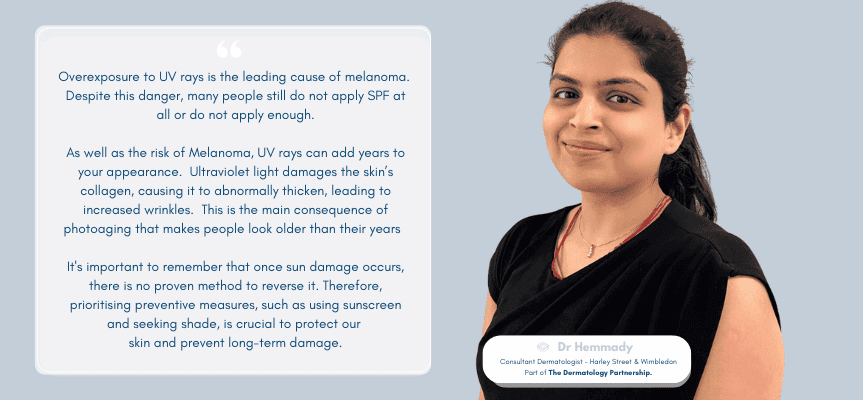Unlocking the Power of Sunscreen
What is SPF?
SPF, or Sun Protection Factor, is a measure of how well a sunscreen can protect the skin from UVB rays, the type of radiation that causes sunburn and contributes to skin cancer. The SPF number indicates the level of protection; for instance, SPF 30 means it would take 30 times longer for UVB rays to redden the skin than without any protection.
Understanding SPF is the first step in your skincare journey. It’s not just about slathering on any product that says “SPF.” Knowing what it does and how it works empowers you to make informed decisions about the kind of protection your skin needs.
The Importance of SPF in Daily Skincare
How to Choose the Right SPF for Your Skin Type
For Oily Skin
For Dry Skin
For Sensitive Skin
For Combination Skin
Debunking Common Myths About SPF
Myth 1 - SPF is Only Necessary in Summer
Myth 2 - Higher SPF Means Longer Protection
Myth 3 - Darker Skin Tones Don’t Need SPF
Myth 4 - You Don’t Need SPF Indoors
Myth 5 - Makeup with SPF is Sufficient
Incorporating SPF Into Your Daily Routine Tips and Tricks
Make It the Last Step
Set a Reminder
Don’t Forget Lip Protection
Incorporate SPF in Layers
The Role of SPF in Preventing Sun-Related Skin Diseases
Conditions Caused by Sun Exposure:
- Photoaging: Prolonged exposure to UVA rays accelerates the aging process of the skin, leading to wrinkles, fine lines and hyperpigmentation.
- Age Spots and Sun Damage: Also known as liver spots, these are flat, brown, or black spots that appear on the skin as a result of chronic sun exposure.
- Freckles and Solar Lentigos: Small, flat, brown spots on the skin that become more pronounced with sun exposure.
- Actinic Keratosis: This condition manifests as rough, scaly patches on the skin due to long-term sun exposure and can potentially develop into skin cancer.
- Squamous Cell Carcinoma: Another form of skin cancer that presents as red, scaly lesions and is linked to prolonged UVB exposure.
- Freckles and Solar Lentigos: Small, flat, brown spots on the skin that become more pronounced with sun exposure.
- Malignant Melanoma: The most severe form of skin cancer, which can develop anywhere on the body and is strongly associated with UV exposure.
SPF mainly measures protection against UVB rays. However, many sunscreens now offer broad-spectrum protection, which shields against both UVA and UVB rays. This dual protection is essential for maintaining overall skin health.

Conclusion
Incorporating SPF into your daily routine is a game-changer for maintaining healthy, youthful skin. By understanding the importance of sun protection and choosing the right products you can make SPF a seamless part of your skincare regimen.
Remember, protecting your skin today means enjoying beautiful, healthy skin tomorrow. Whether you’re a skincare beginner or a seasoned enthusiast, SPF is a must-have in your routine.
Start your sun-safe journey with confidence and don’t hesitate to reach out to skincare professionals for personalised advice.
Dermatologists can help you choose the right SPF and address any concerns you might have about sun-related diseases. Your skin will thank you!


